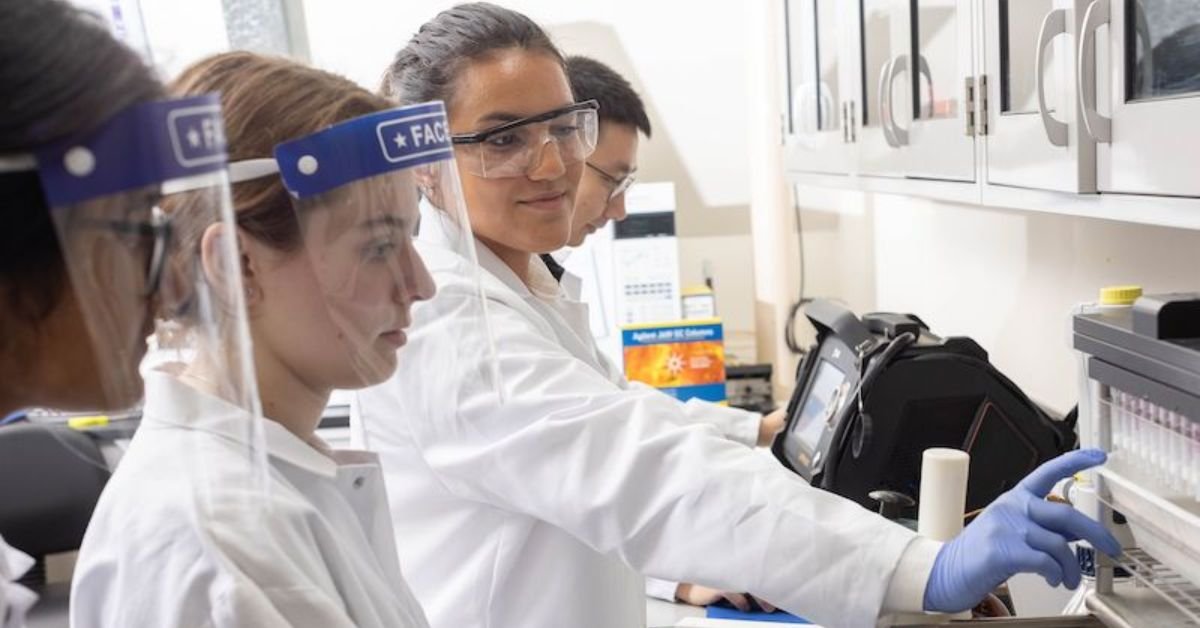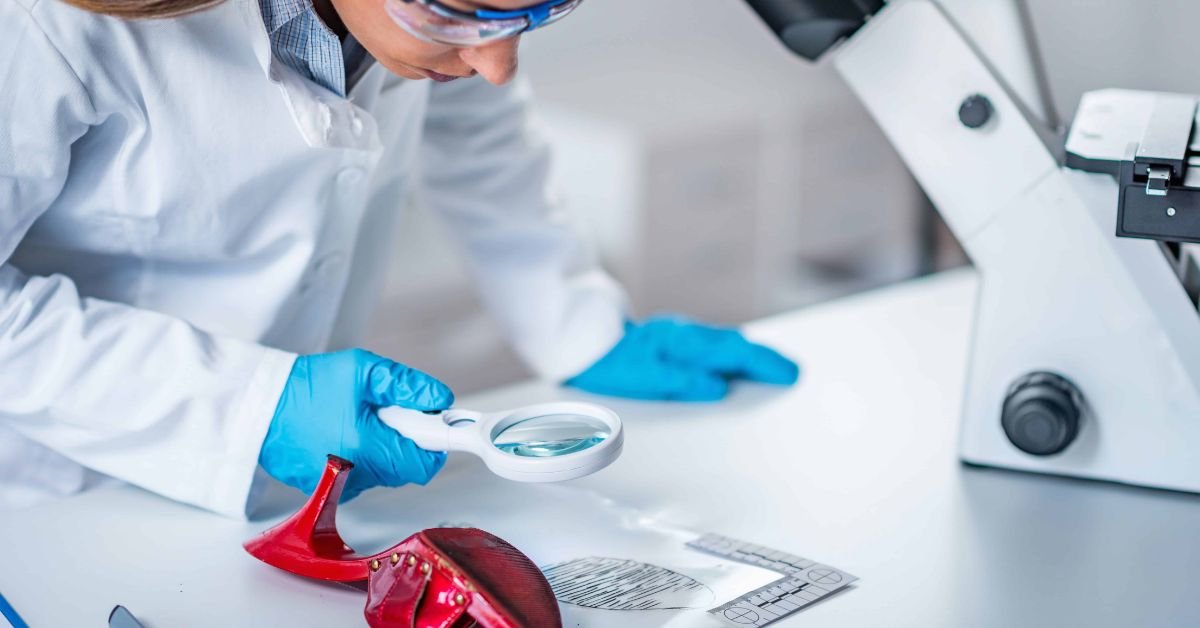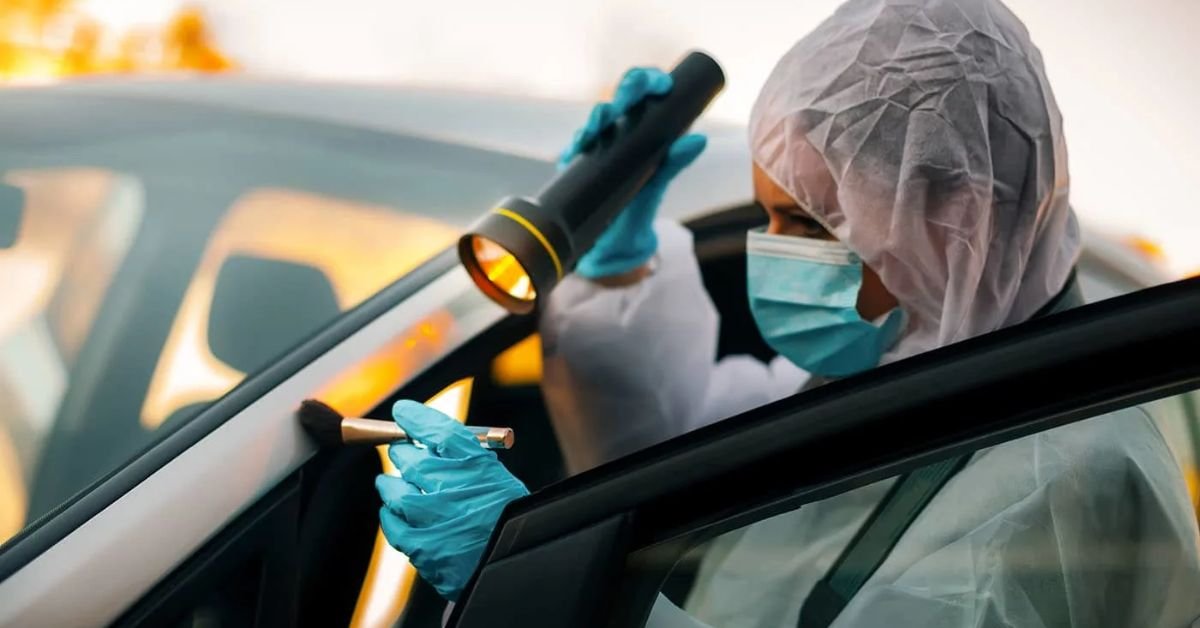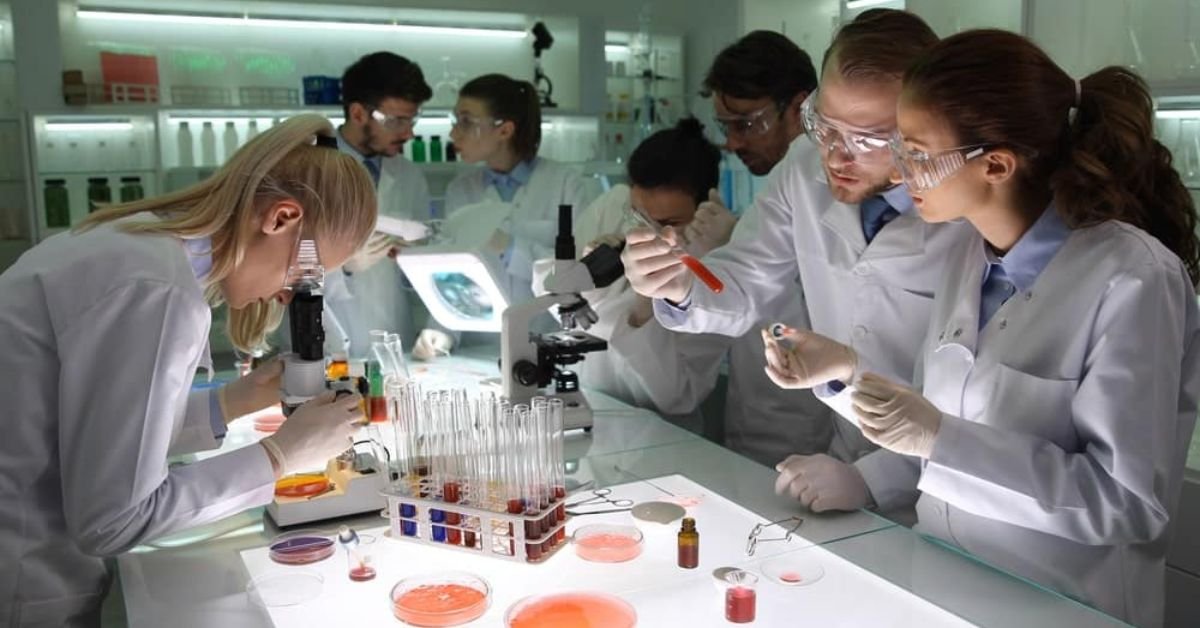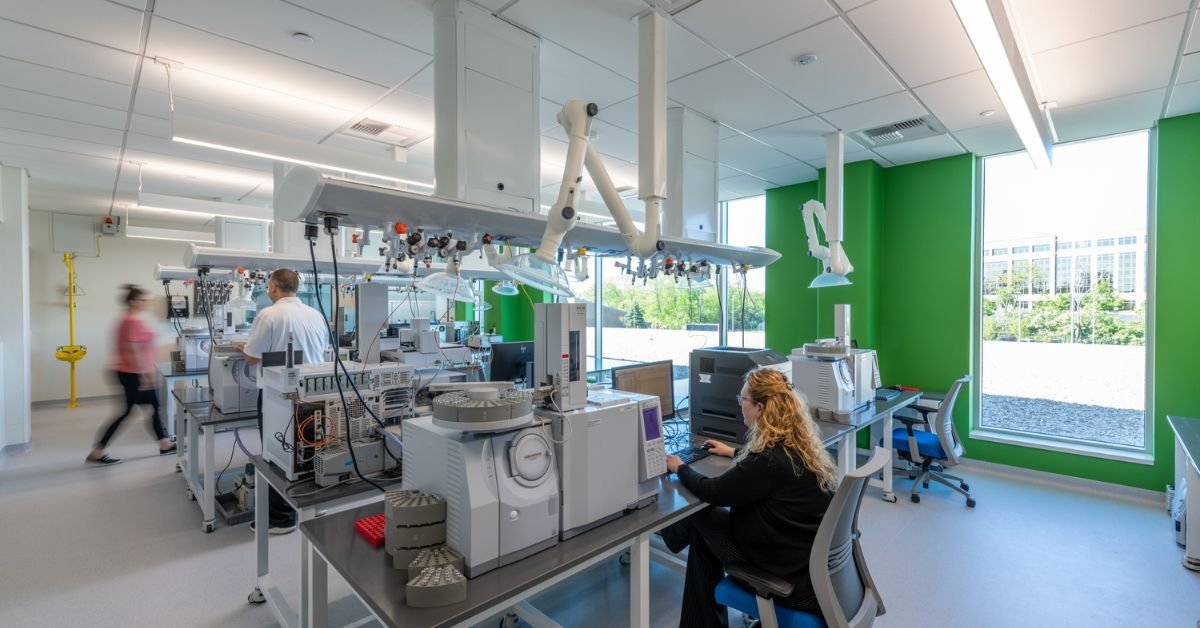Forensic examiners in Florida play a crucial role in the criminal justice system by conducting examinations, collecting evidence, and providing expert analysis in cases involving criminal investigations, medical inquiries, and legal proceedings. This guide will provide an overview of the career path for forensic examiners in Florida, including the required education, certifications, job opportunities, and essential skills.
1. Role of Forensic Examiner Florida
A forensic examiner is a professional who conducts investigations and examinations to determine the cause of death, identify substances, and provide expert testimony. In Florida, forensic examiners may specialize in several areas, including forensic pathology, forensic toxicology, forensic anthropology, and forensic odontology. Their work is essential in solving crimes, particularly those involving deaths under suspicious or unclear circumstances.
2. Educational Requirements for Forensic Examiners
To become a forensic examiner in Florida, individuals must complete a relevant academic program. The educational requirements vary depending on the specific area of forensic examination.
| Specialization | Degree Requirement | Description |
|---|---|---|
| Forensic Pathology | Medical Degree (M.D. or D.O.) | Required for conducting autopsies and determining causes of death. |
| Forensic Toxicology | Bachelor’s or Master’s in Toxicology or Forensic Science | Analyzes bodily fluids and tissues for toxins and drugs. |
| Forensic Anthropology | Bachelor’s or Master’s in Anthropology or Forensic Science | Analyzes human skeletal remains to determine identity or cause of death. |
| Forensic Odontology | Dental Degree (D.D.S. or D.M.D.) | Focuses on identifying individuals through dental evidence. |
- Forensic Pathology: Forensic pathologists need to complete a medical degree (M.D. or D.O.) followed by specialized training in forensic pathology.
- Forensic Toxicology: A forensic toxicologist requires a bachelor’s or master’s degree in toxicology or forensic science to analyze biological samples for harmful substances.
- Forensic Anthropology: A forensic anthropologist needs a background in anthropology or forensic science, focusing on skeletal remains to identify individuals or determine the cause of death.
- Forensic Odontology: A forensic odontologist requires a dental degree along with specialized training in identifying human remains through dental evidence.
3. Certifications and Licensing
Certifications are essential for forensic examiners to demonstrate their competence and expertise in their field. These certifications are provided by professional organizations that set industry standards.
| Certification | Issued By | Description |
|---|---|---|
| Forensic Pathology Certification | American Board of Pathology (ABP) | Certification for forensic pathologists after completing residency and fellowship. |
| Forensic Toxicology Certification | American Board of Forensic Toxicology (ABFT) | Certification for forensic toxicologists after meeting certain educational and experience requirements. |
| Certified Forensic Anthropologist | American Board of Forensic Anthropology (ABFA) | Certification for forensic anthropologists to demonstrate proficiency in analyzing human remains. |
- Forensic Pathology Certification: Forensic pathologists must pass written and oral examinations to obtain certification from the American Board of Pathology after completing the required education and training.
- Forensic Toxicology Certification: Forensic toxicologists can achieve certification through the American Board of Forensic Toxicology, which ensures their expertise in analyzing and interpreting toxic substances in biological samples.
- Certified Forensic Anthropologist: The American Board of Forensic Anthropology offers certification to individuals who have demonstrated expertise in analyzing human skeletal remains, which is crucial for identification in criminal investigations.
4. Skills Required for Forensic Examiners
Forensic examiners need a combination of technical skills, scientific knowledge, and personal qualities to excel in their field. Some essential skills include:
| Skill | Description |
|---|---|
| Attention to Detail | Ensuring accuracy in the examination of evidence. |
| Analytical Thinking | Ability to interpret complex data and make informed conclusions. |
| Scientific Knowledge | Expertise in the relevant scientific fields such as toxicology, biology, or anthropology. |
| Communication Skills | Writing clear reports and providing expert testimony in court. |
| Legal Knowledge | Understanding of legal standards, evidence handling, and criminal procedure. |
Forensic examiners must have excellent attention to detail, be analytical thinkers, and be able to effectively communicate their findings in legal settings. Knowledge of Florida’s legal system, criminal procedure, and evidence handling is also crucial.
5. Career Opportunities and Employment
Forensic examiners in Florida have a range of employment opportunities, including positions in government agencies, medical examiner offices, federal agencies, and private consulting firms.
| Employer Type | Job Roles | Examples |
|---|---|---|
| Medical Examiner Offices | Forensic pathologists, toxicologists, and anthropologists | Miami-Dade Medical Examiner, Broward County Medical Examiner |
| Law Enforcement Agencies | Forensic examiners assisting with criminal investigations | Florida Department of Law Enforcement (FDLE), local police departments |
| Private Sector | Forensic consulting, expert testimony in legal cases | Private forensic firms, legal consulting agencies |
| Federal Agencies | Forensic examiners specializing in federal criminal investigations | FBI, ATF, U.S. Marshals Service |
Forensic examiners in Florida can pursue careers with county medical examiner offices, law enforcement agencies, private forensic firms, or federal agencies like the FBI or ATF.
6. Salary Expectations and Job Outlook
The median salary for forensic science technicians in Florida is approximately $60,590 annually, with variations based on specialization, experience, and location. Forensic pathologists tend to earn higher salaries, ranging from $150,000 to $300,000 annually, while forensic toxicologists typically earn between $60,000 and $90,000.
As forensic technology and criminal investigations become more complex, the demand for skilled forensic examiners is expected to rise, ensuring a positive job outlook for this profession in Florida.
7. Legal and Ethical Considerations
Forensic examiners in Florida must adhere to legal standards and ethical guidelines to ensure the integrity of their work. They are responsible for maintaining the confidentiality of evidence, complying with Florida’s Public Records Law, and following established procedures for evidence handling. Additionally, forensic examiners may be required to testify as expert witnesses in court, which requires them to be well-versed in legal procedures.
Conclusion
The career of a forensic examiner in Florida is a rewarding and vital profession, requiring a strong foundation in science, law, and ethics. With the right education, certifications, and skills, forensic examiners can pursue various career paths in medical examiner offices, law enforcement, and the private sector. As demand for forensic expertise grows, this field offers a promising career for individuals committed to solving complex cases and ensuring justice in the legal system.
References
- Florida Department of Law Enforcement (FDLE). (n.d.). Criminal Justice Professionalism Program. Retrieved from https://www.fdle.state.fl.us
- U.S. Bureau of Labor Statistics. (2023). Forensic Science Technicians. Retrieved from https://www.bls.gov/ooh/legal/forensic-science-technicians.htm
- American Board of Pathology. (n.d.). Forensic Pathology Certification. Retrieved from https://www.abpath.org
- American Board of Forensic Toxicology. (n.d.). Certification Requirements. Retrieved from https://www.abft.org
- American Board of Forensic Anthropology. (n.d.). Certification Requirements. Retrieved from https://www.abfa.org
